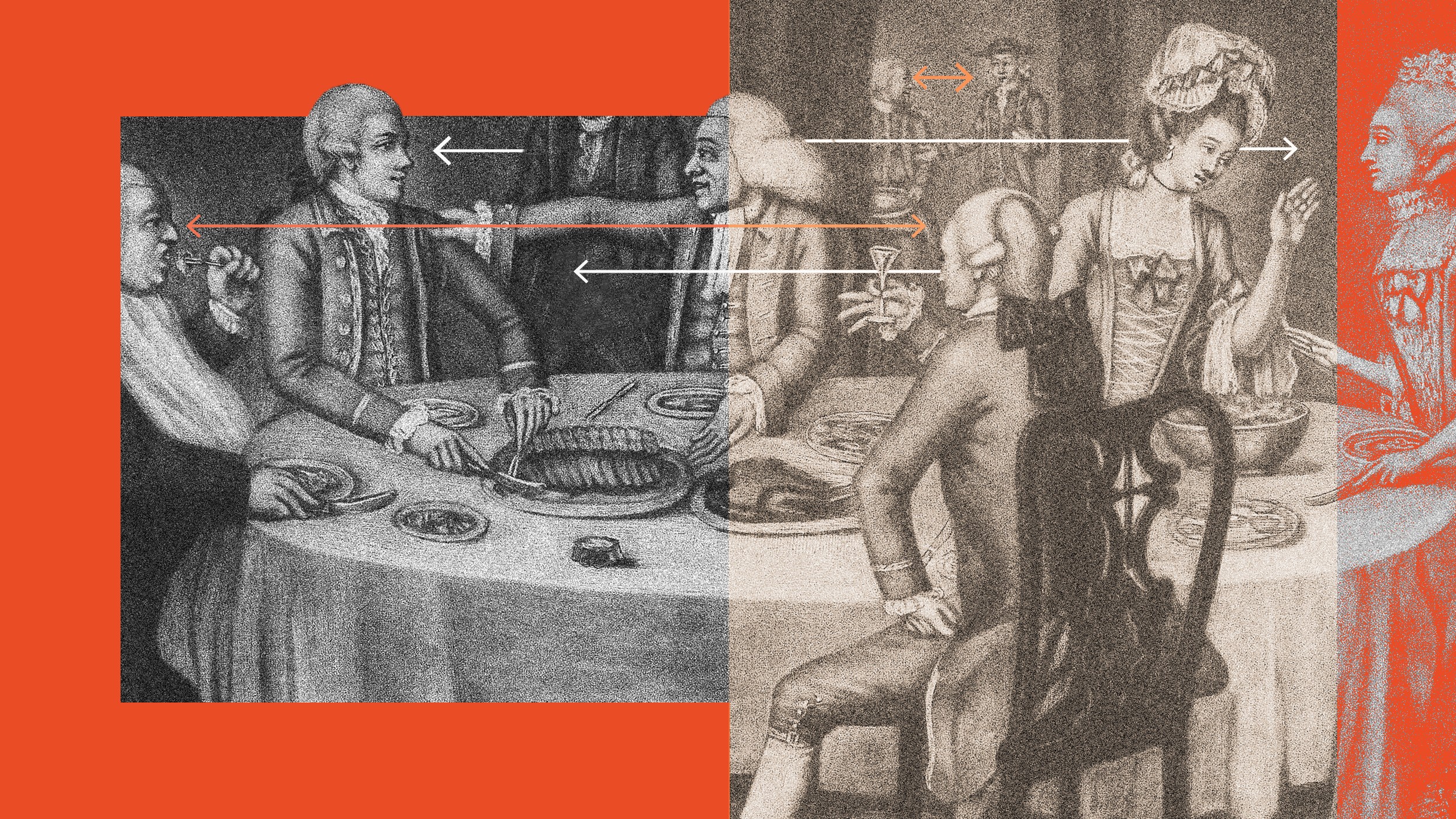The five precepts of Jivamukti.
Question: What is Jivamukti yoga?
Sharon Gannon: Well the method is based on asana practice which I’ve just delved into, what that means, and how that is about your relationships with everyone else in the world, including animals and the environment. And then these five tenets are ways that we as teachers explore that enhancing, that relationship. Ahimsa. And these are not in any particular order. But ahimsa is one of the tenets. Ahimsa is a Sanskrit word. It means nonviolence. In the ___________ yoga sutra; he puts it in the category of yamas. Yamas; the word “yama” means “restriction.” There are five yamas. And the restrictions refer to how we should restrict our behavior towards others. Let’s get this straight first. In the enlightened state, there are no others. There’s only one. So in order to get there, to where you don’t see anyone else as other than you.
So if we’re not seeing the oneness of being, if we’re still seeing others, than ____________ says be careful.
Number one, don’t harm them.
Number two, don’t lie to them.
Number three, don’t steal from them.
Number four, don’t use your sexuality to humiliate them or manipulate them.
And number five, don’t be greedy. Don’t hoard from them.
Anyway, those are the yamas of ___________. So the Jivamukti method has embraced ahimsa as a very important part of our practice, because we feel that if this practice of nonviolence was really embraced and lived – not just embraced intellectually but actually lived – then this could be a way that we could dismantle our present culture. And that is why vegetarianism is a big part of Jivamukti method.
Recorded on: October 31, 2007





